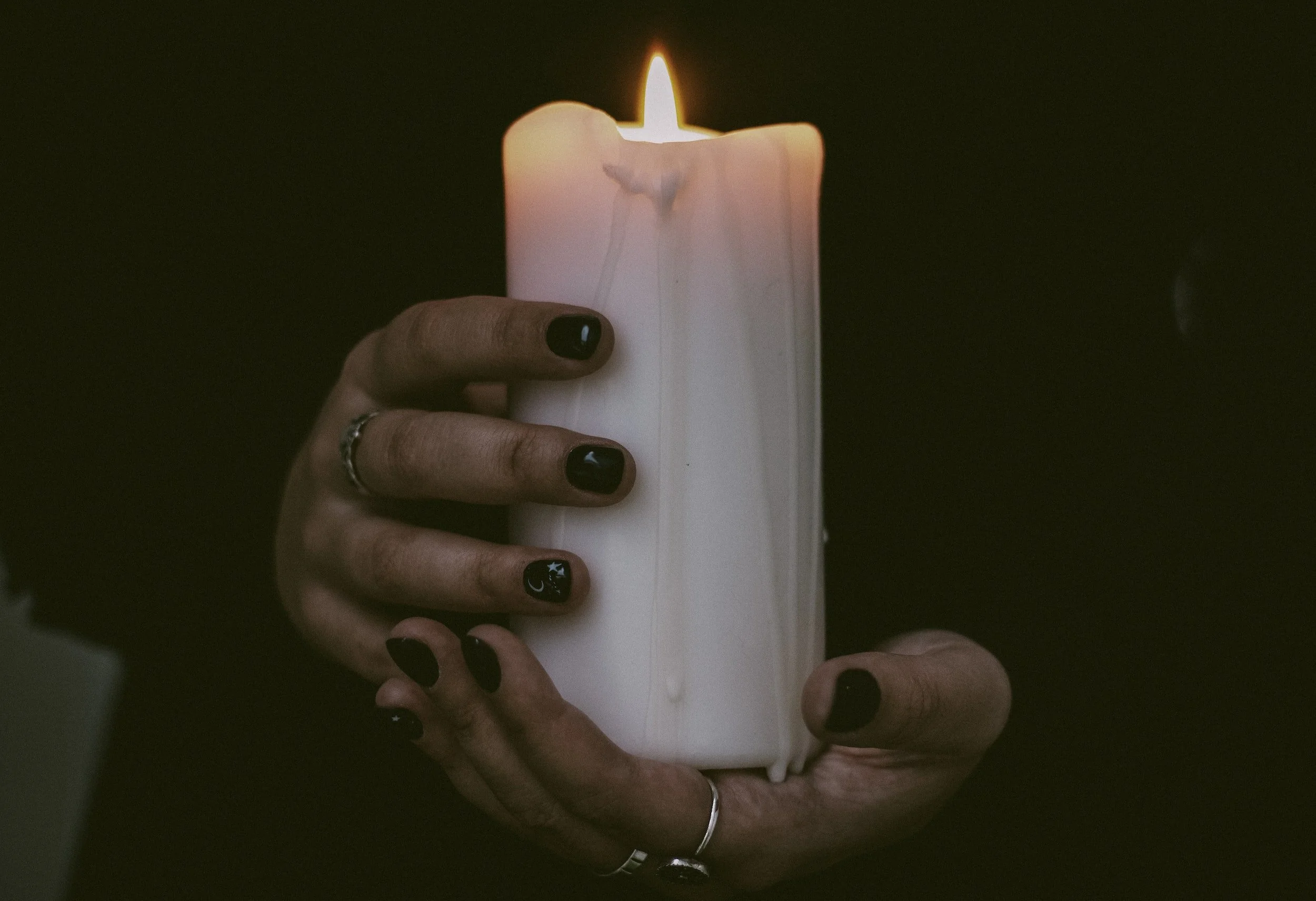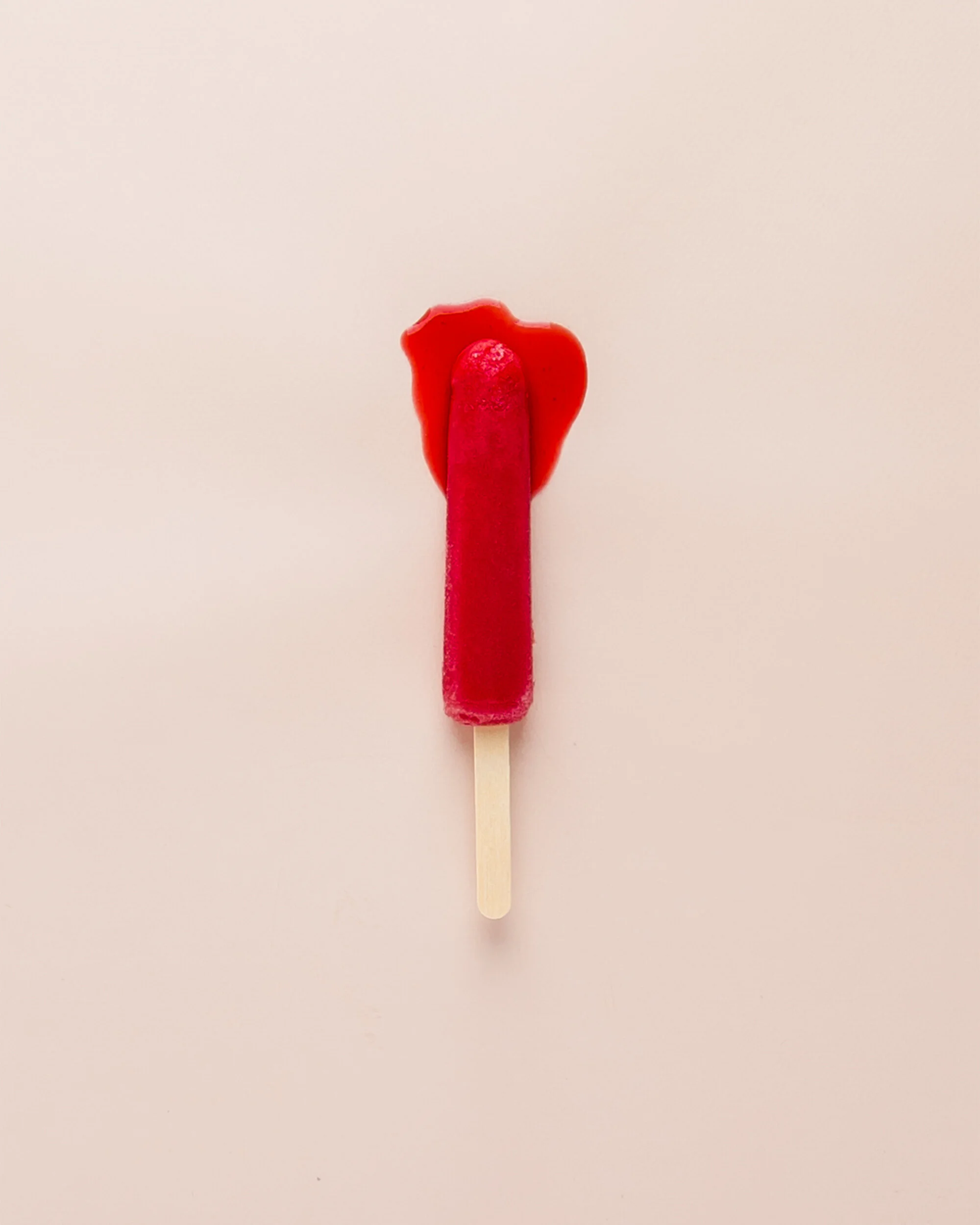Right On the Inside
Something bad happens when you’re eight years old, maybe nine, and you don’t understand it, you don’t have the words, but you do know—with throbbing certainty—what it means. Your dolls will be your only kids, because now you will never have one. Your insides have gone all wrong.
You start to steal the sweets you’re owed, and you taunt your cousin into wrestling matches on the grass because he is younger and weaker and because pinning his wrists above his head while you spit on his face fills you with the dark joy of domination.
When you’re fourteen and your first period arrives you call your older sister away from the supper table in a polite voice, a dead giveaway you have no clue how to deal with it. She is too embarrassed to help, so you run upstairs and call your best friend. “You idiot,” she laughs, “look in the mirror.” Two minutes later, straddling the green shag bathmat, you find the unknown known but still don’t recognize it for what it is, the open wound at the center of your universe, because you have buried what happened, what happened when you were eight years old, maybe nine.
You swear to your friend you will stay a virgin until your wedding day, and she makes a pact with you, saying she will, too. Then during senior year you have your first down-there exam, part of a physical for a foreign exchange program that will send you far, blessedly far, away. Your gut knows you will never have a child but your other brain can’t admit why, so while the doctor is ticking boxes attesting to your good health, you ask him to sterilize you, the sooner the better. His pen pauses, two beats passing before he looks up. You tell him you are afraid of getting pregnant and never want children, but it’s your blind side pulling the levers and you don’t yet make the connection that it’s easier to live childless if you make the choice. He shakes his head and says, “No doctor in America will sterilize a seventeen-year-old girl, so forget about it.”
You already have.
After college you move across the ocean again, this time to Bordeaux. An illness lands you in a clinic, and you decide to ask that doctor to sterilize you, since France has socialized medicine and it will probably be free and he’s sure to say yes. The doctor is young and handsome and takes a nonmedical interest, his bag full of questions making you forget about sterilization until you are halfway back to your shabby room over the mechanic’s garage. You figure God doesn’t want you to neuter yourself, because otherwise why would you fail twice?
Then one night the sudden thing happens: you raise your hands in supplication and into them falls the hard nut of forgetting, your cry of “why” splitting the rasped shell to release a tornado of memory that sucks the air from the room and the words from your mouth. As the unearthed images swirl, the confusion in your brain flips to an understanding as immediate as it is unexpected. Your awe of God is now rivaled by your awe of the mind, and this, this is a dangerous place to be.
Ten years later, back in the US, you are in a delivery room, pushing through the chosen pain, your husband and three friends cheering you on. Then your daughter, on her own existential mission, pulses out of you and the wailing begins. Hers, yours. Tears of disbelief and wonder sluice through the decades, both those that have passed and those to come. A chasm has been crossed, and your life—you feel it your bones—will never be the same. What you never could have is now nestling at your breast, and what happened at eight years old, maybe nine, that black hole at the center of your universe, has been spackled with light, and you know if you don’t mess it up, if you love without crushing, shield without blinding, maybe you’ll find what’s right on the inside.
-Cynthia Blakeley
Cynthia Blakeley is a writer, editor, and teacher. Her creative nonfiction work has appeared in the Cape Cod Voice and Dreamers Magazine, and she is currently completing a hybrid memoir. As a freelance academic editor she has collaborated on books and articles in history, art history, music history, German studies, sociology, and psychology. She teaches in Emory University’s Institute for the Liberal Arts, offering courses in memory and memoir, interdisciplinary research methods, fiction, and theories of dream interpretation.




